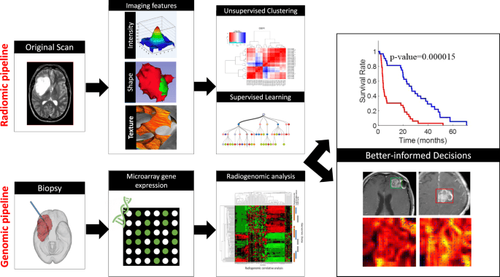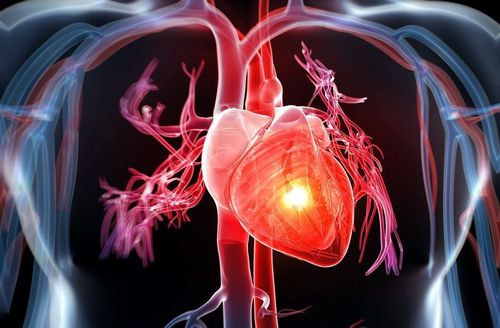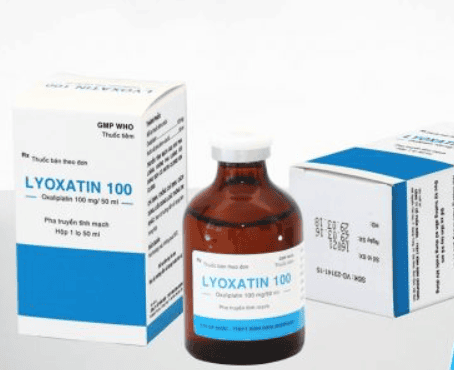This is an automatically translated article.
In some cases, old cells do not die, new cells are still born. The new cells function as the original cells (called differentiation), when a benign tumor occurs and is the result of a genetic mutation in the benign tumor. Benign tumors do not usually turn malignant, except in cases such as colon polyps.1. What are benign and malignant tumors?

Benign tumors can sometimes grow very large and need surgical removal. However, this tumor often has a clear boundary, so it is easy to remove completely, with little recurrence. In some cases, the tumor may recur, but only at the original site.
Benign tumors usually cannot turn malignant, except in cases such as colonic adenoma polyps, which are considered pre-colon cancer, have the ability to transform into malignancy. That's why it's important to remove it during a colonoscopy to prevent it from progressing to cancer.
1.2. What is a malignant tumor? Malignant (cancerous) tumors have a very rapid growth rate and the ability to invade and spread to nearby tissues and distant organs (metastasize) through the blood and lymphatic system. Cancer can occur anywhere in the body including the breast, intestines, lungs, reproductive organs, blood and skin. Because melanoma can spread quickly, it is difficult to treat thoroughly, and the recurrence rate is high if detected late. More dangerous is not timely treatment can affect the patient's life. Malignant tumors are the second leading cause of death after cardiovascular disease.
Trắc nghiệm: Thử hiểu biết của bạn về bệnh ung thư
Ung thư là nguyên nhân gây tử vong hàng thứ 2 trên thế giới. Thử sức cùng bài trắc nghiệm sau đây sẽ giúp bạn có thêm kiến thức về yếu tố nguy cơ cũng như cách phòng ngừa bệnh ung thư.
Bài dịch từ: webmd.com
2. How are malignant tumors different from benign tumors?
Melanoma is usually hard ), has irregular margins, is firmly fixed to the skin, and when we apply force, it still does not move. In contrast, benign tumors are usually soft to the touch, with even margins, and when touched, it moves.However, not everyone can distinguish between benign and malignant tumors on their own, so when detecting tumors under the skin in any location such as breast, neck, armpit,. .. we need to go to the hospital to check with modern techniques and treat if necessary.
Basic difference between benign and malignant tumors:
| Đặc tính | U lành | U ác |
| Phát triển | Chậm, chèn ép xung quanh | Nhanh, xâm lấn |
| Di căn | Không | Có |
| Hiệu quả điều trị | Khỏi hoàn toàn | Khó, dễ tái phát |
|
Đặc điểm đại thể Bề mặt ngoài Vỏ bọc Ranh giới Di động Hoại tử Chảy máu |
Nhẵn Có Rõ Có Không Không |
Không đều Không Không Không Có Có |
|
Đặc điểm vi thể Cấu trúc Tế bào Nhân |
Giống tổ chức gốc Biệt hóa cao Kích thước và hình dạng bình thường |
Không giống tổ chức gốc Kém biệt hóa Đa hình thái |
3. Methods of tumor diagnosis
Imaging methods can identify tumors accurately such as ultrasound, X-ray, computed tomography ... but to accurately determine whether cancerous cells or benign cells are needed. biopsy or using immunohistochemistry.In Vietnam, Vinmec Times City International General Hospital is the unit that applies and performs immunohistochemistry with modern equipment to perform the latest generation immunohistochemistry technique - histochemistry staining machine. Bench Mark XT automatic immunoassay, a modern machine, according to the standards of the World Health Organization (WHO), in order to diagnose the disease quickly and accurately, serving prognosis and treatment orientation. The hospital also has a full range of immunological markers and a team of experienced doctors that will bring high efficiency to patients.
Please dial HOTLINE for more information or register for an appointment HERE. Download MyVinmec app to make appointments faster and to manage your bookings easily.













